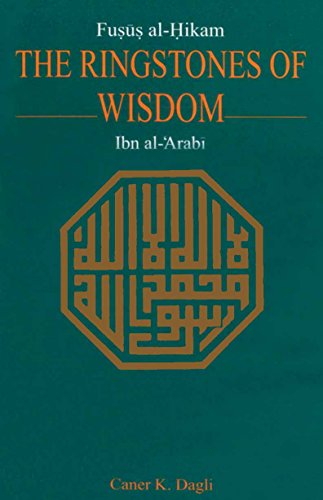

It is not a question of the use of the Name Allah as such, but of using it with poor adab and with a pseudo-mystical self-indulgence. In almost all cases where some sort of identity is implied or stated between the Divine 1Īnd its manifestations, a Name other than Allah is used.

Through employing a Name such as the Real, one is able to evoke the all-comprehensiveness and totality of God without abusing the Name Allah. Allah carries with it a tremendum not only by virtue of God’s omnipotence and utter transcendence but also as a result of the awesome proximity that it owns by virtue of being the allencompassing Name. Among the Sufis, not only is the Name Allah the Supreme Name that encompasses all other Names, but it is also the personal Name of God, as it is for all believers. Rather, the use of the Name Allah invokes a presence that is, in a sense, too much for certain contexts to bear. This is not to say that the use of the Name Allah as such is considered a blasphemy or an act of taking the Divine Name in vain. Ibn al-’Arabi employs al-Haqq, as do other Islamic metaphysicians, not only as an alternate expression for Allah, but also out of a sense of spiritual propriety or adab. The Essence or Self is neither this or that, nor is it not this or not that, being beyond all qualifications. It signifies the Essence of God, the Ultimate Reality beyond all distinctions, polarities, and relativizations. INTRODUCTION The Ringstone of Adam begins with the Real (al-Haqq), which might also be rendered as the Truth or the Reality.

Translation, Introduction, and Glosses by Caner K. The Ringstones of Wisdom The Fusus al-Hikam of Ibn al-‘Arabi


 0 kommentar(er)
0 kommentar(er)
